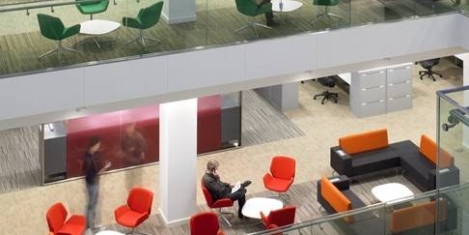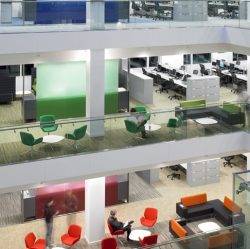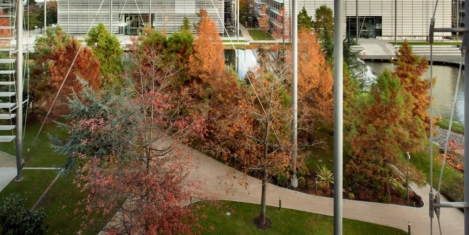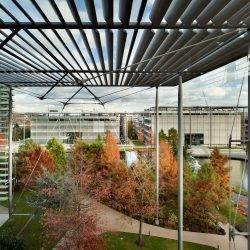June 29, 2017
Employees unaware extent of digital monitoring their employers are legally allowed 0

Most employees incorrectly believe the monitoring by their bosses of their personal social media and work email is illegal, but they’d be wrong, new data from Broadband Genie has revealed. The research found public ignorance over monitoring in the workplace, with the majority (79 percent) believing that workplaces weren’t legally allowed to monitor personal social media accounts. Similarly, the opening of work mail or email (58 percent), recording of work phone calls (53 percent) and checking logs of websites (36 percent) were all believed to be illegal. However, sources such as Citizens Advice explain workplaces in the UK can monitor employees use of phone, internet and email if, “it relates to business, the equipment being monitored is provided partly or wholly for work, [and] the employer has made all reasonable efforts to inform the employee that communications will be monitored”.






































